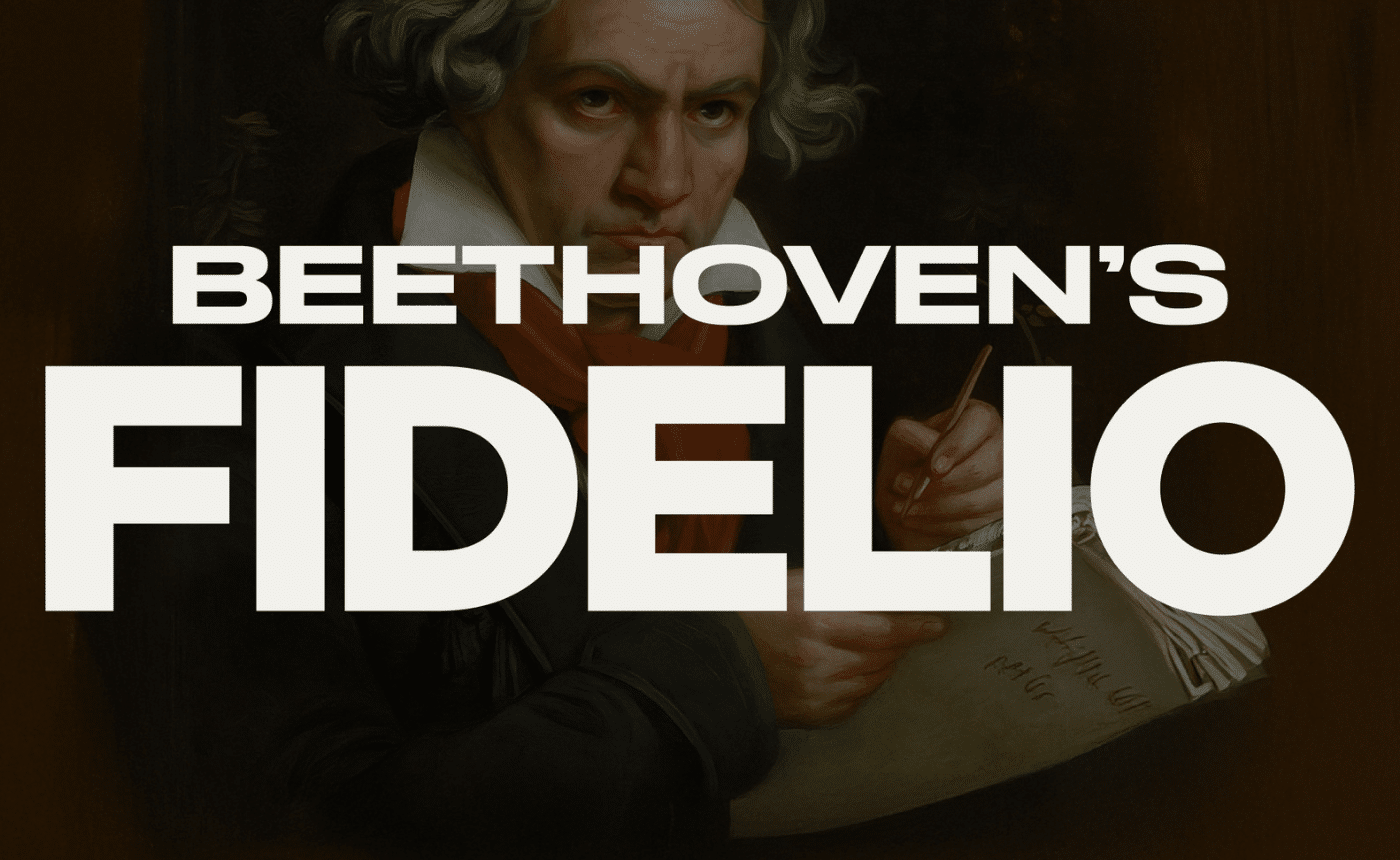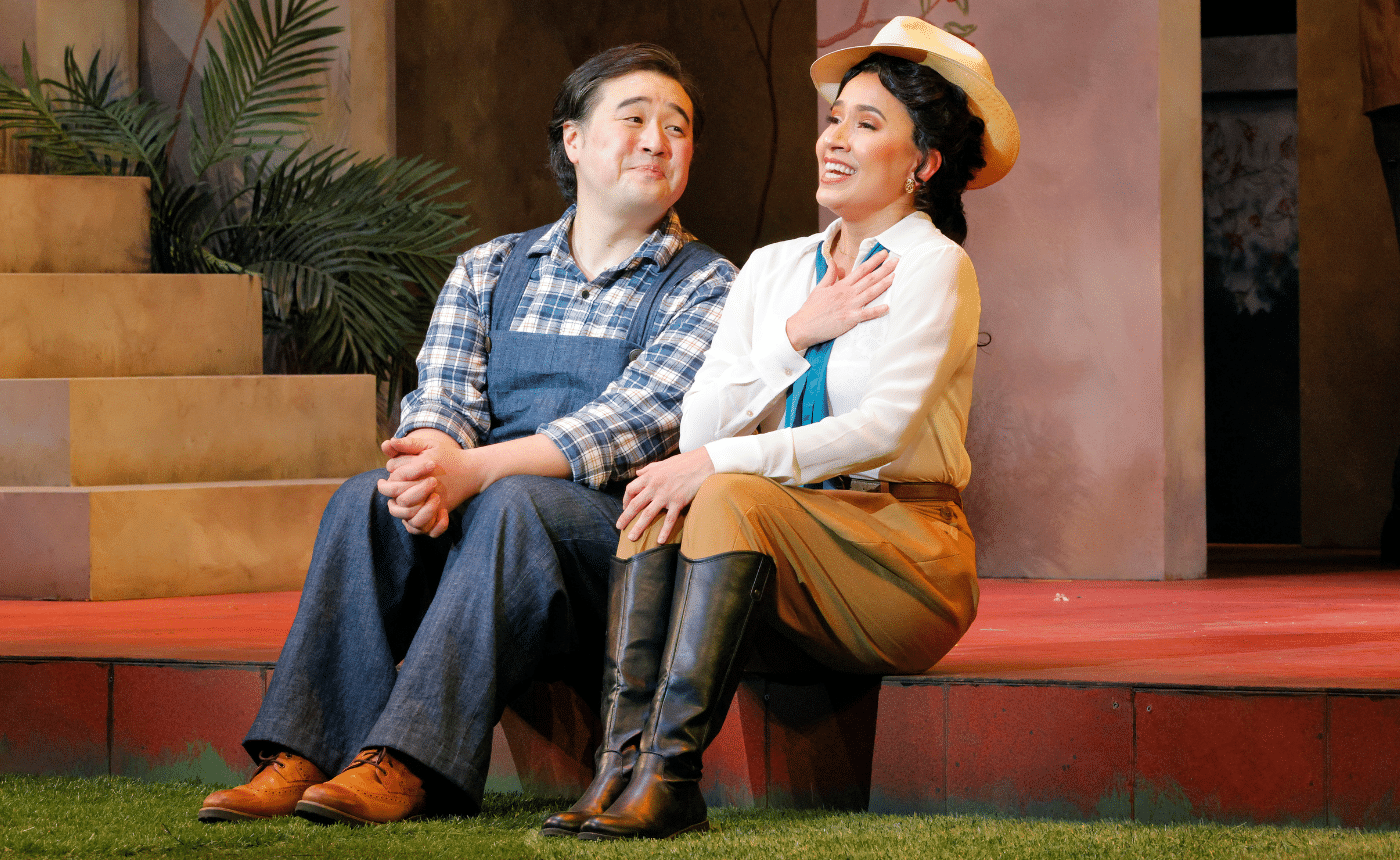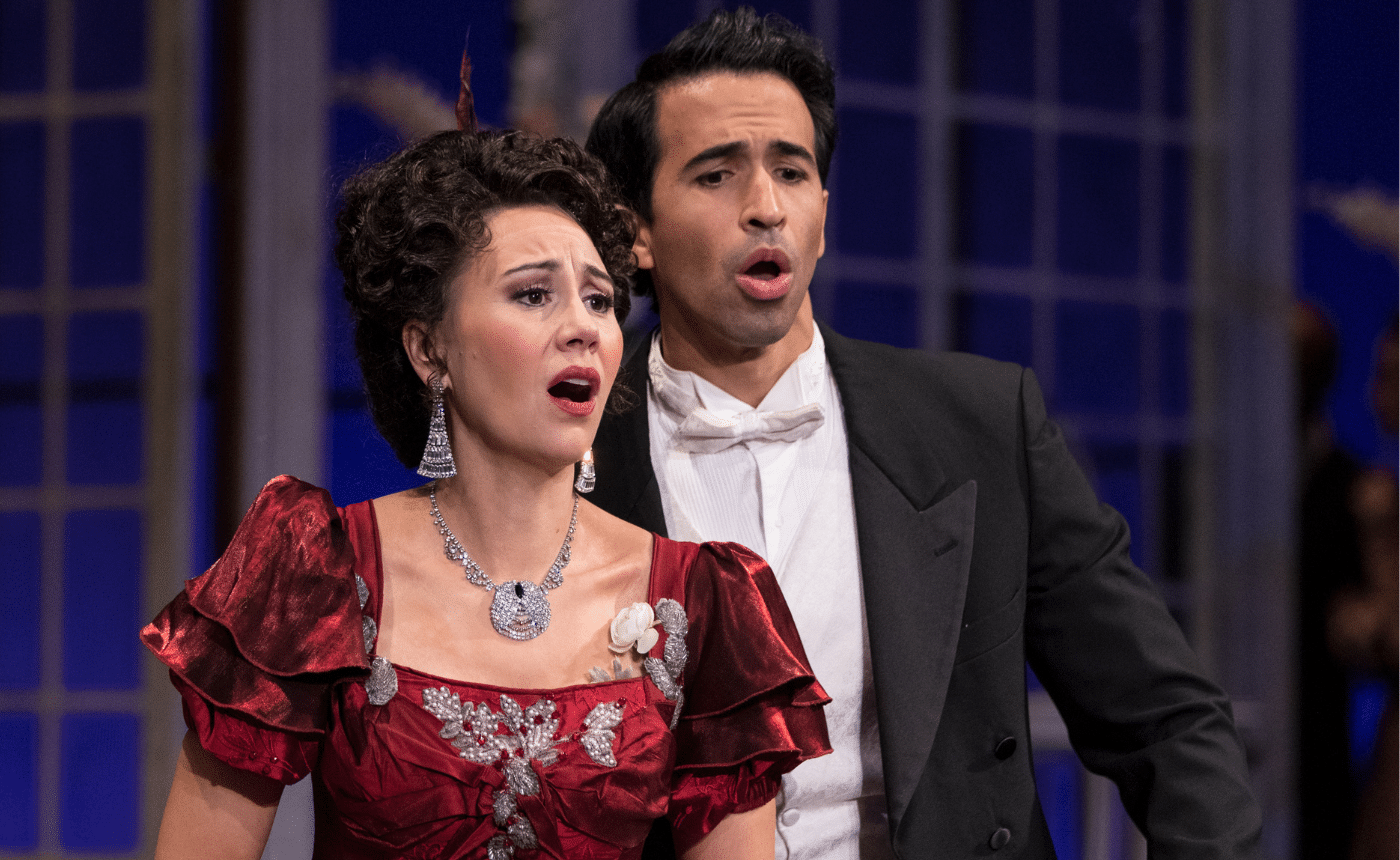The Merry Widow synopsis & highlights
The Merry Widow opens in the Parisian embassy of the Grand Duchy of Pontevedro, a fictionalized version of the small Balkan country Montenegro. Indeed, Montenegrin nobility and culture provided several of the characters’ surnames. In any case, the fictional Pontevedro is in dire financial straits and the ambassador Baron Zeta wants to ensure that the wealthy widow Hanna Glawari will marry another Pontevedrian in order to keep her fortune within the country and save them from certain bankruptcy. Baron Zeta would like for her to marry Count Danilo Danilovitsch, the First Secretary of the embassy, because he is in the Baron’s estimation, the only man who can maintain Hanna’s attention. But he runs into a small problem. Danilo and Hanna had apparently been in love before her first marriage (and still secretly pine for each other), but Danilo’s family refused the match because she was too poor. Danilo’s family sent him to Paris while Hanna then married the fantastically wealthy Herr Glawari, who died on their honyemoon and left her a fortune of twenty-million francs. To soothe his wounded heart, Danilo currently spends his days cavorting with the grisettes (can-can dancers) at Maxim’s in Paris (Da geh ich zu Maxim). However, when Hanna and Danilo are reintroduced he doesn’t want to court her lest he be seen as a fortune-hunter, and she vows that she will not marry him until he admits aloud that he loves her.
To complicate matters (naturally), Baron Zeta’s wife Valencienne has been flirting with Count Camille de Rosillon, the French attache to the embassy. She has been resisting his advances, saying that she is a respectable wife, but he writes “I Love You” on her fan. Of course, they lose the fan and it is recovered by the embassy counsellor Kromow, who thinks it belongs to his wife Olga, and he gives it to Zeta, who doesn’t recognize his own wife’s fan. Zeta determines to return the fan to Olga even as his wife Valencienne attempts to intercept it.
While enroute to see Olga, Zeta runs into Danilo and orders him to marry Hanna, and although he refuses he also offers to eliminate any non-Pontevedrian suitors in order to assist the Baron in his mission. At the “Ladies Choice” dance, Valencienne attempts to get Camille to dance with Hanna as a way to remove him from her mind, and Danilo gets all of the other ladies to claim dances with most of the other potential suitors. However, Hanna decides to choose Danilo as he is the one man who seems uninterested in her. Danilo refuses to dance but instead decides to offer his dance to any other suitor for ten-thousand francs as a charity benefit, which eliminates all of the remaining men at the dance. After everyone has left Danilo attempts to dance with Hanna, but she refuses. He mimes a waltz alone until she finally relents and falls into his arms, finishing the first act.
In the second act, we find continuing shenanigans involving Valencienne’s fan. Hanna hosts a party in which she sings an “authentic” Pontevedrian ballad, “Vilja,” a story of a wood sprite who falls in love with a human. “Vilja” is one of the musical centerpieces of the entire operetta and is a popular soprano aria in its own right. Baron Zeta enlists Danilo in attempting to uncover the owner of Valencienne’s fan, and although he is unsuccessful the audience does learn a bit about various infidelities committed by other Embassy wives. The fan ultimately comes back to Valencienne when she and Camille meet later in the garden and find that Danilo left it behind by accident. Valencienne resists Camille’s advances, but allows him to keep the fan as a keepsake after she writes “I am a respectable wife” in response to his earlier written declaration of love. Before they can part, they are nearly cornered by Baron Zeta and Njegus until Hanna intercedes and declares that she will marry Camille. At this point, almost every one of the characters becomes distraught as Baron Zeta thinks of Hanna’s inheritance leaving Pontevedro, Valencienne thinks she has lost Camille, and Danilo furious at losing Hanna. Danilo stomps off to distract himself with the grisettes at Maxim’s, but Hanna is overjoyed because his anger shows that he still loves her.
The third act is set at a party in Hanna’s ballroom, which she has decorated to emulate Maxim’s (in some versions of the score, the action actually takes place at Maxim’s) and she has hired the waiters and grisettes to complete the illusion. Valencienne joins with the grisettes to entertain the guests. When Danilo arrives and asks her to call off her engagement, Hanna confesses that she had never been engaged to Camille. Baron Zeta finally recalls that the fan he’s been investigating belongs to his wife, and says he will divorce her and marry Hanna himself. However, Hanna tells Zeta that she will lose her fortune if she remarries, at which point Danilo confesses his love for her (recall that Hanna’s riches had been a sore point for him) and asks for her hand in marriage: (“The Merry Widow Waltz”). After securing Danilo’s love, Hanna replies that she will lose her fortune only because it will become the property of her husband, solving that issue. Valencienne and Zeta are reconciled as well when she points out her written reply to Camille’s declarations of love, “I am a respectable wife.”
© Ross Hagen





